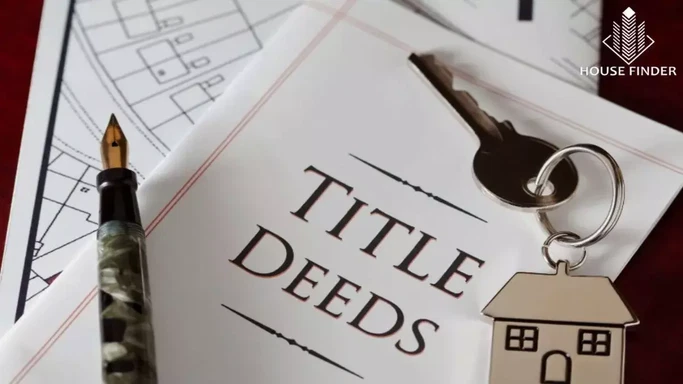
Title Deed Dubai - Your Essential Guide to Property Ownership
Published :
Last Updated :

Published :
Last Updated :
In Dubai's dynamic property sector, acknowledging the concept of a title deed is essential for both homeowners and investors. A title deed is a formal document that serves as proof of ownership of a property.
In Dubai, the title deed’s role is quite distinguishable as it establishes legal ownership and ensures a clear understanding of the fact that the property is registered with DLD (Dubai Land Department).
Considering Dubai's diverse real estate and rapid progress, comprehending the nuances of title deeds, including freehold and leasehold, is pivotal for making well-thought-out real estate decisions.
Dubai offers a robust legal framework to regulate and monitor title deeds to safeguard the rights of investors and property owners. A title deed reflects legal protection and recognition whether you are purchasing an apartment, a villa, or any commercial property.
The title deeds clearly represent the legal owner and stipulate the terms and conditions related to the specific property. Hence, we have compiled a detailed guide to examine various aspects of title deeds in Dubai, delve into the distinctions between freehold and leasehold title deeds, their legal implications, and the process of obtaining a title deed.
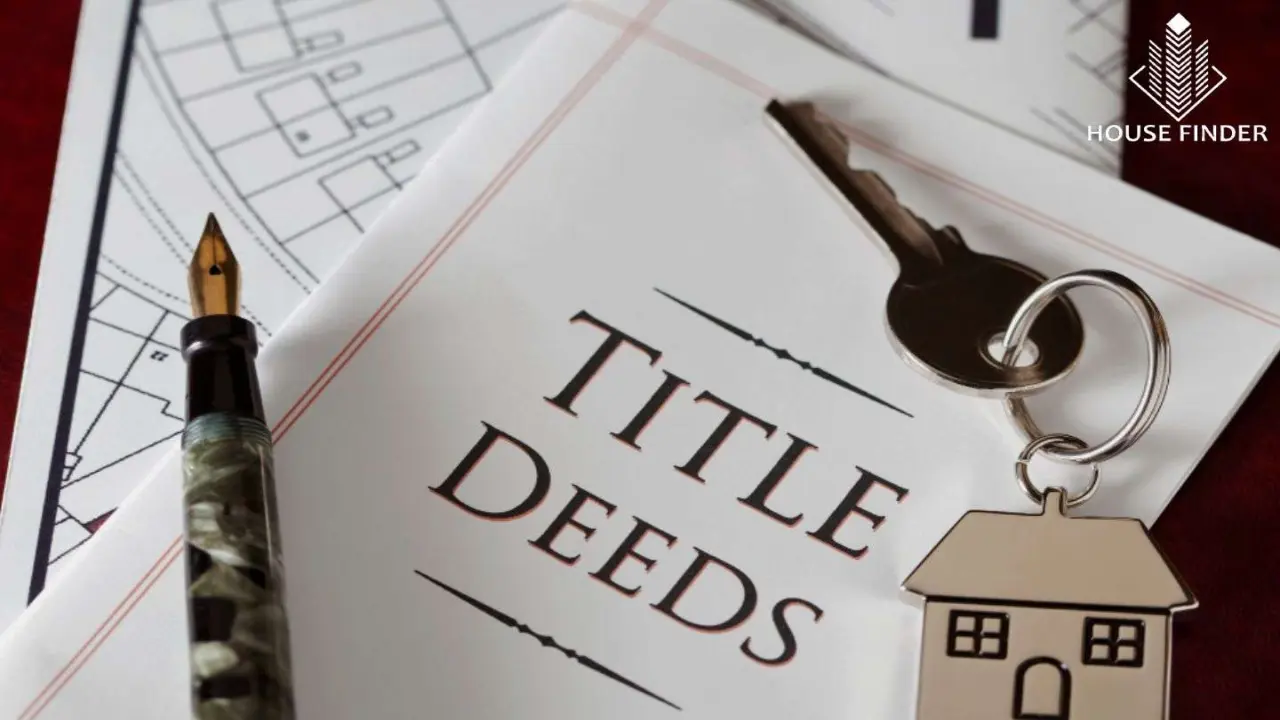
A title deed in Dubai is more than a legal document proclaiming ownership of a property; it is a crucial component of any real estate transaction. The ultimate authority of issuing title deeds lies with the Dubai Land Department (DLD), which extends proof of ownership.
Without a title deed, the owner cannot claim his/her ownership over the specific property, as it determines the legal rights of owners and makes the document a fundamental instrument in the Dubai real estate market.
The title deed involves the legal recognition and registration in the name of the owner, including other sensitive information such as the owner’s name, description of the property, and any liens on the property.
Remember! You will only receive a copy of the title deed if the property is purchased on a mortgage in Dubai. The bank will hold the original deed until the final reimbursement of the mortgage. Conversely, properties that are directly purchased will receive an original title deed in the owner's name.
The significance of title deeds is also noteworthy in facilitating transactions and accessing financial services. For instance, banks and other financial institutions require title deeds to approve loans and mortgages.
The Title Deed contains every piece of information proving the legal ownership of a particular person or group of individuals, as the property can also include joint owners. The general drafts of all the title deeds in different Emirates are similar. However, slight changes are observable.
Dubai offers many kinds of title deeds; however, the two prominent types, freehold title deeds and leasehold titles are of major concern and can be comprehended explicitly within this guide.
Each type has a unique set of features and legal implications, so understanding both types before purchasing a property in Dubai is pivotal.
A leasehold title deed grants the buyer the right to lease the property for a certain period, ranging from 30 to 90 years. The ownership of the land on which the property is developed remains in the freeholder’s name, whereas the rights will be granted to the leaseholder.
Leasehold title deeds are common in various districts of Dubai, specifically in developments constructed on government-regulated land.
Nonetheless, leasehold title deeds often prevail with certain obligations and restrictions. For example, any modification or alteration may require the freeholder’s approval. Additionally, the leaseholder is bound to pay the ground rent to the freeholder and is responsible for maintaining the property.
Leasehold property is still a favorable option among those seeking to enter the Dubai real estate market despite a few limitations. Leasehold properties are preferred because the upfront costs are comparatively lower than those for freehold properties.
For standardized ownership, freehold title deeds are a better option. These deeds enable the buyer to gain complete rights over the property and the land on which it is developed. Besides the complete ownership rights, the buyers are also free to transfer, lease, or sell the property based on their desires.
Freehold properties are open for international investments and are found in specified areas of Dubai.
Freehold title deeds are highly sought after due to their security and flexibility. The owners of freehold properties do not seek permission before any alteration or modification to the property; they are not bound to pay ground rent to someone.
Moreover, the value of freehold properties frequently appreciates over time, making them a profitable option for investors. However, the initial costs of freehold properties are comparatively higher than leasehold properties.
Title deed acquisition has detailed processes that must be followed respectively to ensure the legal registration of property ownership. The detailed steps of this process involve the following;
The initial step in obtaining a title deed is binding into a legal purchase agreement with the seller. The agreement outlines all the relative clauses, including the payment schedule, final purchase price, and other conditions of the sale. This agreement is the foundational step for the subsequent steps in the process.
For properties under construction (off-plan properties), the buyer must acquire a No Objection Certificate (NOC) from the developer. The NOC is proof that the buyer has met the financial obligations associated with the property purchase. It also showcases that the developer has no objection to the property ownership transference.
Note: This step is conditional in case of complete properties.
The buyers must provide the following documents to the Dubai Land Department (DLD);
The buyer must pay certain fees, including the property registration and DLD administrative fees. This fee is usually paid to the Dubai Land Department and requires 4% of the total property value.
For the transfer of ownership, both the seller and the buyer must visit the Dubai Land Department office along with their respective representatives. Dubai Land Department will verify the property purchase contract, NOC (conditional), and other related documents.
Once the necessary documents are approved by the DLD, the title deed will be issued in the buyer's name. This document locks in all the clauses and intricate details regarding the property. The DLD registry also keeps a record of the title deed to provide legal recognition of the property.
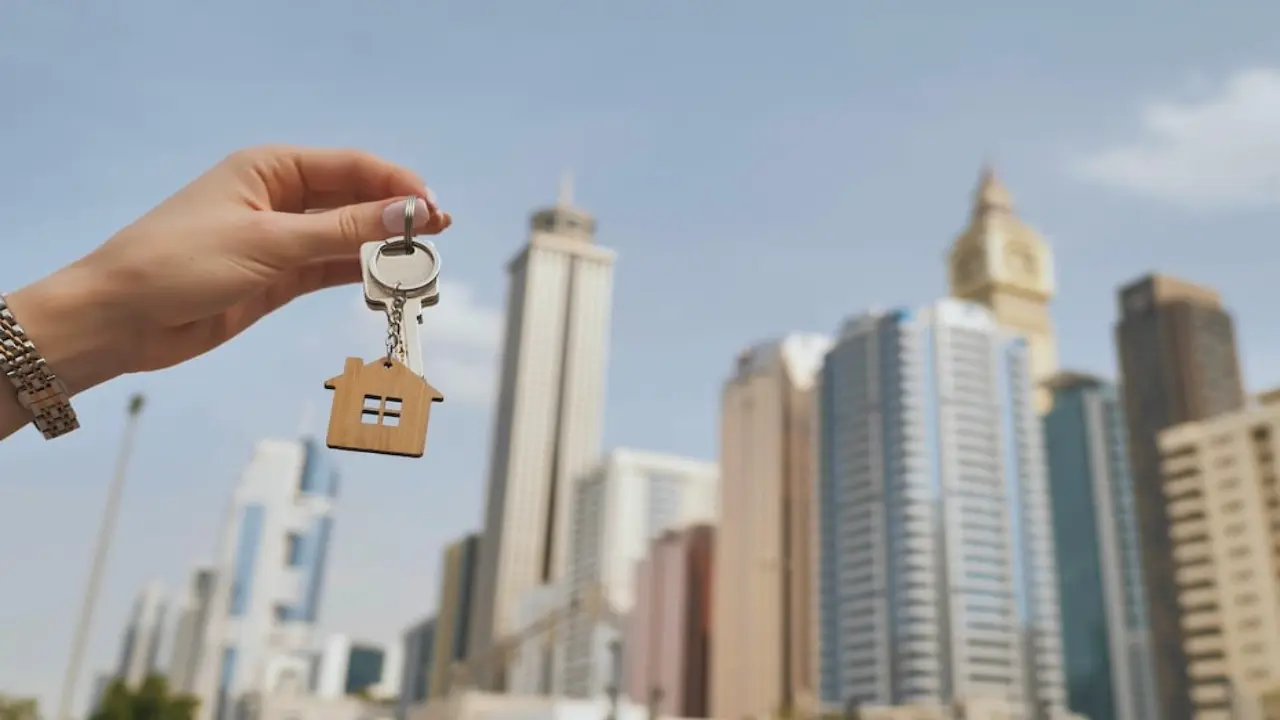
The overall cost of property transfer in Dubai is around AED 945 while splitting the amount includes;
Dubai’s innovative environment has eased the process and allows the official Dubai land department applications to download title deeds for owners. You can use the Dubai REST app to take a digital copy of your title deed.
Title deeds hold crucial legal implications for property owners in Dubai. Acknowledging these implications is pivotal for protecting your rights as a property owner.
After the title deed is issued, the owner is granted full legal ownership of the property. This includes the right to transfer, sell, lease, or utilize the property according to one’s desire. Leasehold properties have certain restrictions that leaseholders must adhere to. Freehold properties, however, offer the owners freestanding control over every right associated with the property.
The issuance of title deeds also clearly indicates that the property is legally registered with the Dubai Land Department. This recognition is necessary for protecting the rights of owners and establishing ownership. Also, keep in mind that DLD’s registry carries the public record of ownership, which helps in preventing disputes over ownership that may unexpectedly arise.
Title deeds not only hold information about the property and owner but also specify any liens or encumbrances. Liens refer to certain legal claims placed by the creditors on the property. The property will not be transferred or sold further until the liens are fulfilled.
Additionally, encumbrances are restrictions on the property, including covenants and easements, and may affect the owner's use of property rights. It is important for buyers to review such clauses meticulously to ensure the complete disclosure of any restrictions or claims on the property.
The Dubai Land Department (DLD) is the supreme authority in issuing and registering title deeds. DLD oversees property transactions to ensure compliance with rules and regulations.
From verifying the property purchase agreement and issuing title deeds to maintaining a complete record of overall transference in Dubai, DLD supervises all property registrations in the Emirate.
The involvement of the Dubai Land Department (DLD) adds a layer of transparency and security to the city's property market. Besides this, the department guarantees complete protection of ownership rights through detailed documentation and registration of the property.
Moreover, additional services such as dispute resolution, property valuation, and extension of legal advice have also been granted by the DLD to streamline real estate transactions in Dubai.
The signing of a Memorandum of Understanding (MoU) is a primary step before a title deed is issued. However, it is obligatory to receive a title deed even after the MoU is signed.
An MOU is a paperwork comprising all the details regarding the transactions, while a title deed is a legal document providing complete ownership of the property to the owner.
As of 2024, Dubai's property sector is continuously thriving, with both freehold and leasehold properties in demand. Therefore, the Dubai Land Department has taken several steps to innovate and streamline the process of registering and obtaining title deeds.
One of the recent initiatives includes the introduction of blockchain technology, which aims to improve the security and transparency of property transactions.
Blockchain technology enables the creation of a decentralized ledger, which monitors all real estate transactions within the Emirates.
This technology is integrated to eliminate the risk of fraud and improve the overall efficiency of the real estate market by making each detail on the title deed accessible and tamper-proof.
The introduction of blockchain technology by the Dubai Land Department signifies the city’s commitment to transparency and innovation in the property industry.
A remarkable destination and property market like Dubai has renowned initiatives and high considerations toward making the market more transparent and secure. Therefore, Dubai clearly underscored the significance of title deeds in Dubai's real estate market to prevent any harm to the rapid evolution and dynamism of the sector.
Due diligence is required during title deed transference to protect your investment and gain complete ownership rights over the property. Moreover, there are different types of title deeds, which require a clear understanding to avoid any obstruction in the process.
Freehold and leasehold title deeds have their own distinctions and legal implications and prove Dubai's robust legal framework. Furthermore, the adoption of cutting-edge technology such as blockchain has stimulated the overall experience of investors and buyers, making the city’s real estate market more competitive and bold.
Safeguard your property by ensuring a legal issuance of title deeds and registration with the Dubai Land Department (DLD) by following the application steps in the section above and stepping into the city of world-class properties now.

Your gateway to offline planning in the digital realm. Discover a world of real estate opportunities through our immersive offline property website experience
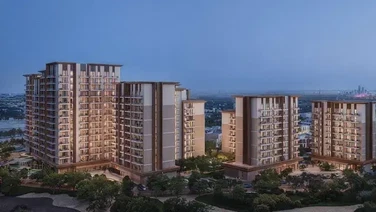
Apartments
AED 1,594,000
Expo City Dubai
1, 2 & 3
889 - 2403 Sq Ft

Apartments
Studios
AED 764,999
Jumeirah Village Circle
Studio, 1 & 2
341 - 1827 Sq Ft

Apartments
Penthouses
Townhouses
AED 2,500,000
Dubai Islands
1, 2 & 3
898 - 3312 Sq Ft
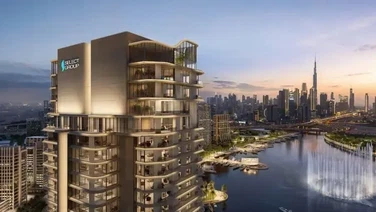
Apartments
Penthouses
Duplexes
AED Coming soon
Dubai Design District
1, 2, 3 & 4
738 - 7767 Sq Ft

Apartments
AED 840,000
Jumeirah Village Circle
Studio, 1, 2 & 3
381 - 1326 Sq Ft

Apartments
Penthouses
Mansions
AED Coming soon
Palm Jumeirah
2, 3, 4, 5 & 6
1541 - 12382 Sq Ft

Apartments
AED 1,594,000
Expo City Dubai
1, 2 & 3
889 - 2403 Sq Ft

Apartments
Studios
AED 764,999
Jumeirah Village Circle
Studio, 1 & 2
341 - 1827 Sq Ft

Apartments
Penthouses
Townhouses
AED 2,500,000
Dubai Islands
1, 2 & 3
898 - 3312 Sq Ft

Apartments
Penthouses
Duplexes
AED Coming soon
Dubai Design District
1, 2, 3 & 4
738 - 7767 Sq Ft

Apartments
AED 840,000
Jumeirah Village Circle
Studio, 1, 2 & 3
381 - 1326 Sq Ft

Apartments
Penthouses
Mansions
AED Coming soon
Palm Jumeirah
2, 3, 4, 5 & 6
1541 - 12382 Sq Ft

Commercial
AED Coming soon
Damac Lagoons

Commercial
AED Coming soon
Business Bay

Commercial
AED Coming soon
Business Bay

Apartments
Commercial
Penthouses
AED 2,000,000
Meydan
1, 2 & 3
640 - 4244

Apartments
Commercial
AED 1,900,000
Sheikh Zayed Road
1, 2 & 3
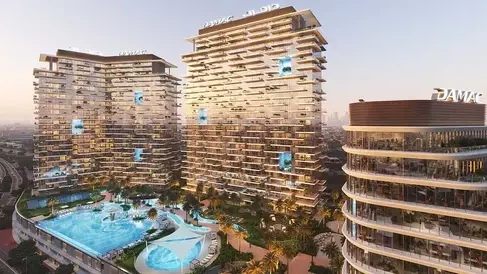
Apartments
Commercial
AED 1,142,000
Damac hills
1 & 2
740 - 6588 Sq Ft

Apartments
Penthouses
Duplexes
AED Coming soon
Dubai Design District
1, 2, 3 & 4
738 - 7767 Sq Ft

Apartments
Penthouses
Duplexes
AED 3,600,000
Downtown Dubai
1, 2, 3, 4, 5 & 6
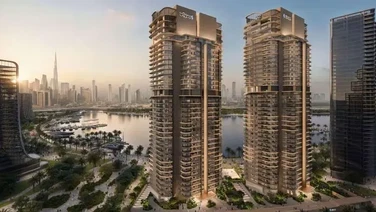
Apartments
Penthouses
Duplexes
AED 2,300,000
Dubai Design District
1, 2, 3 & 4
741 - 1988 Sq Ft

Apartments
Duplexes
AED 1,069,888
Town Square Dubai
1, 2 & 3
609 - 1808 Sq Ft
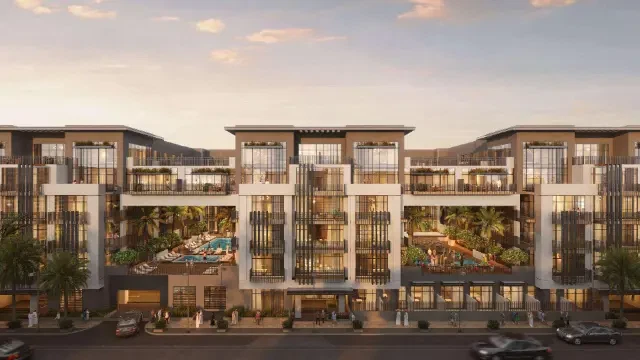
Apartments
Duplexes
Studios
AED 800,000
Jumeirah Village Circle
Studio, 1, 2 & 3
496 - 2,888 Sq Ft

Apartments
Duplexes
AED Coming soon
Dubai Islands
1, 2, 3 & 4
767 - 4,784 Sq Ft

Apartments
Penthouses
Mansions
AED Coming soon
Palm Jumeirah
2, 3, 4, 5 & 6
1541 - 12382 Sq Ft
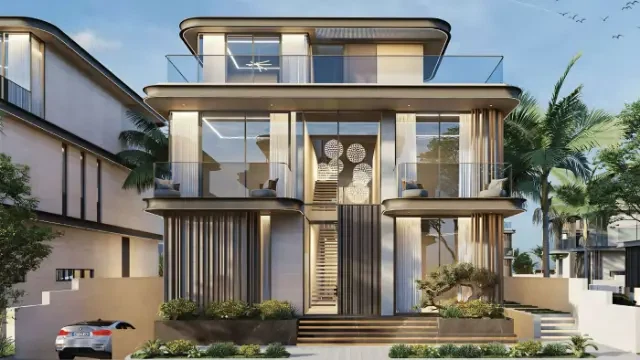
Villas
Mansions
AED 20,000,000
Mohammed bin Rashid City
5 & 6
13,007 - 13,568 Sq Ft
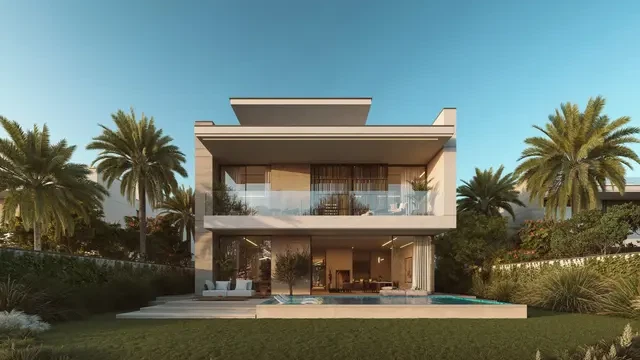
Villas
Mansions
AED 11,800,000
Jumeirah Golf Estates
4, 5 & 6
6069 - 10762 Sq Ft

Apartments
Penthouses
Mansions
AED 5,500,000
Palm Jumeirah
1, 2, 3, 4, 5 & 6
940 - 11830 Sq Ft

Mansions
AED 65,000,000
Jumeirah
7
41550 - 49062 Sq Ft

Mansions
AED Coming soon
Tilal Al Ghaf
6 & 7

Apartments
Penthouses
Townhouses
AED 2,500,000
Dubai Islands
1, 2 & 3
898 - 3312 Sq Ft

Apartments
Penthouses
Duplexes
AED Coming soon
Dubai Design District
1, 2, 3 & 4
738 - 7767 Sq Ft

Apartments
Penthouses
Mansions
AED Coming soon
Palm Jumeirah
2, 3, 4, 5 & 6
1541 - 12382 Sq Ft

Apartments
Penthouses
Duplexes
AED 3,600,000
Downtown Dubai
1, 2, 3, 4, 5 & 6

Apartments
Penthouses
Duplexes
AED 2,300,000
Dubai Design District
1, 2, 3 & 4
741 - 1988 Sq Ft
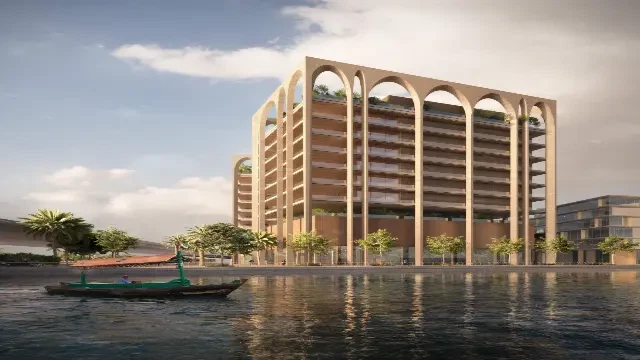
Apartments
Penthouses
AED 138,000,000
Jumeirah 2
2, 3 & 4
4,756 - 9,867 Sq Ft

Apartments
Studios
AED 764,999
Jumeirah Village Circle
Studio, 1 & 2
341 - 1827 Sq Ft

Apartments
Studios
AED 766,999
Jumeirah Village Triangle
Studio, 1 & 2
336 - 1859 Sq Ft

Apartments
Studios
AED Coming soon
Damac Lagoons
Studio, 1 & 2
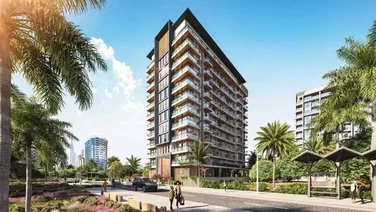
Apartments
Studios
AED 580,000
Dubai Land Residence Complex
Studio, 1 & 2
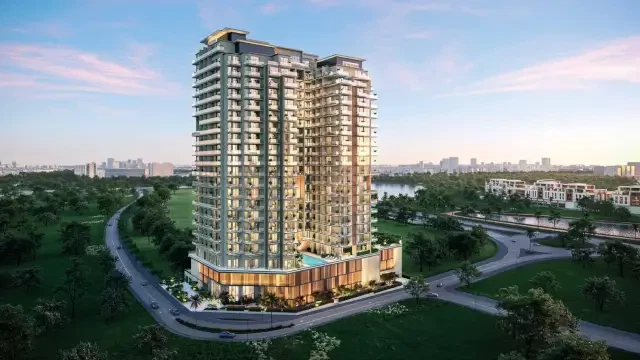
Apartments
Studios
AED 650,000
Dubai Production City
Studio, 1, 2 & 3
404 - 2092 Sq Ft
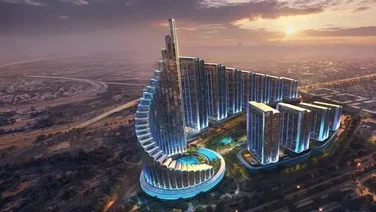
Apartments
Studios
AED 1,600,000
Meydan
Studio, 1, 2 & 3
370 - 1568 Sq Ft

Apartments
Penthouses
Townhouses
AED 2,500,000
Dubai Islands
1, 2 & 3
898 - 3312 Sq Ft

Villas
Townhouses
AED Coming soon
Dubailand
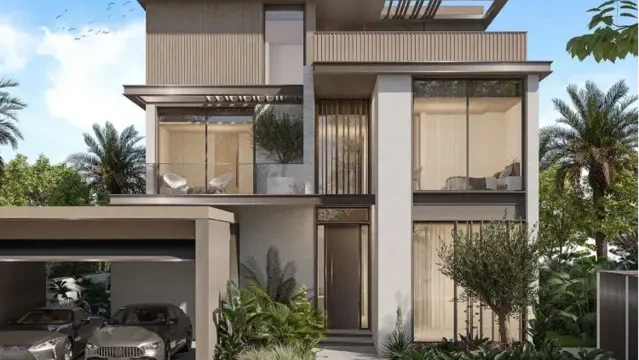
Villas
Townhouses
AED 6,150,000
Nad Al Sheba
3, 4 & 5
3252 - 5650 Sq Ft
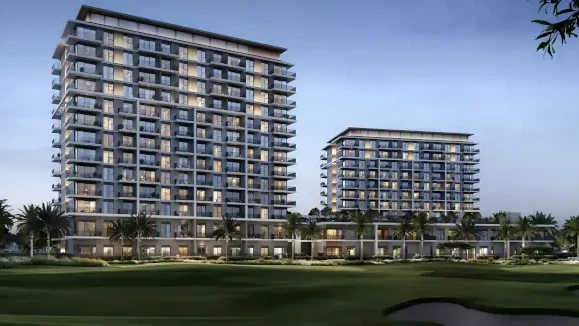
Apartments
Townhouses
AED 1,270,000
Emaar South
1, 2 & 3
788 - 2728 Sq Ft
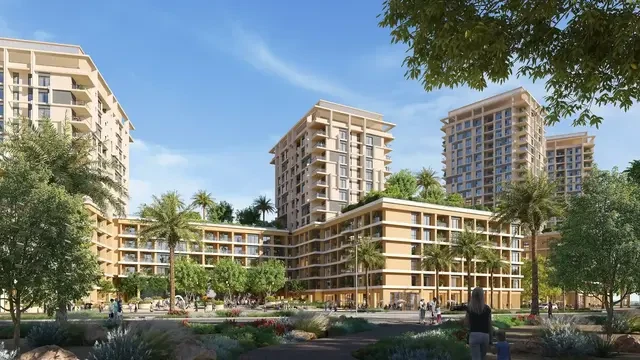
Apartments
Studios
Penthouses
Townhouses
Duplexes
AED 900,000
Wasl Gate
Studio, 1, 2, 3 & 4
523 - 1982 Sq Ft

Villas
Townhouses
AED Coming soon
Dubai Investments Park

Villas
AED 16,550,000
The Oasis
4, 5 & 6
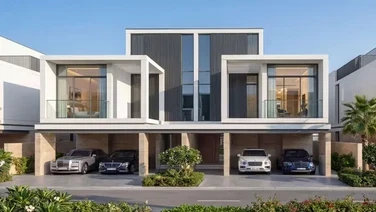
Villas
AED Coming soon
Sobha Sanctuary
4 & 5
2520 - 4154 Sq Ft
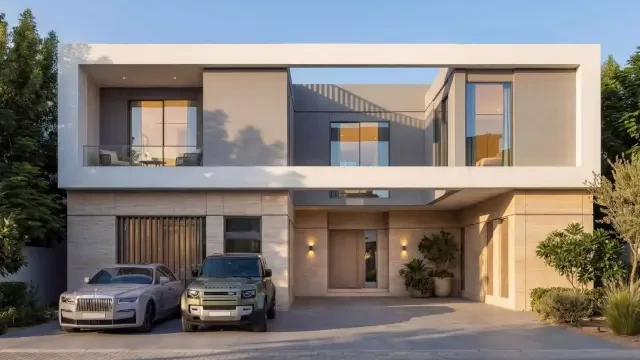
Villas
AED Coming soon
Sobha Sanctuary
4, 5 & 6
4905 - 7191 Sq Ft
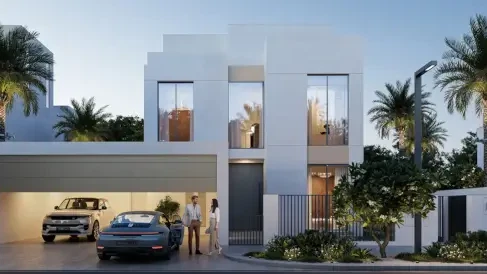
Villas
AED Coming soon
The Heights Country Club & Wellness
3, 4 & 5

Villas
AED Coming soon
Nad Al Sheba
3, 4, 5 & 6

Villas
Townhouses
AED Coming soon
Dubailand
Subscribe to our Daily, Weekly and Monthly Newsletters, Expert Advice and Latest Launch with Zero Spam, Unsubscribe Anytime.